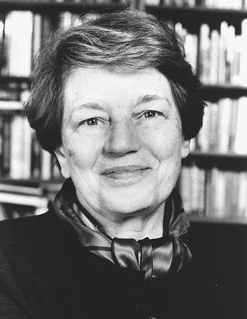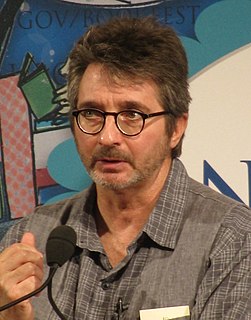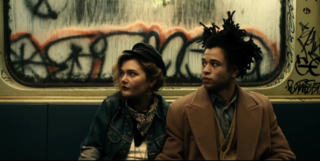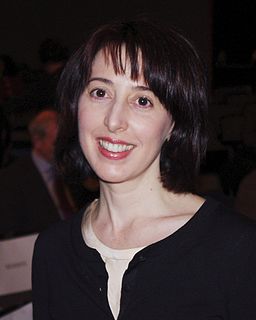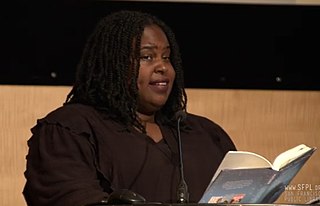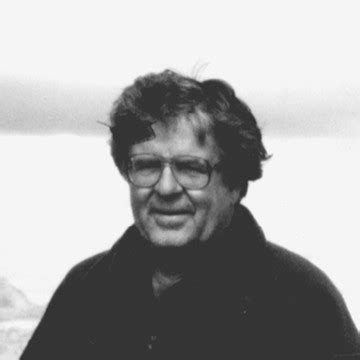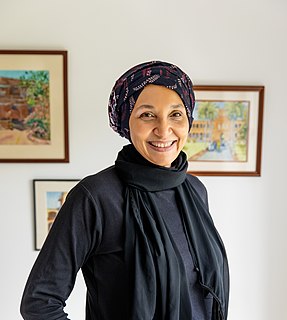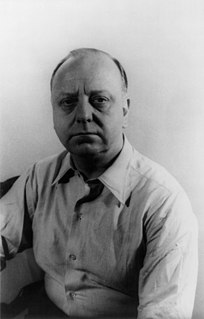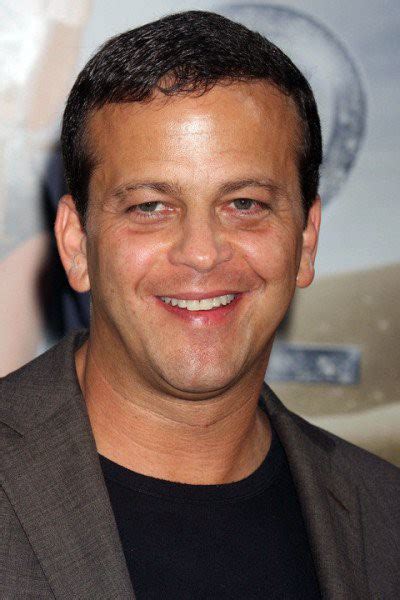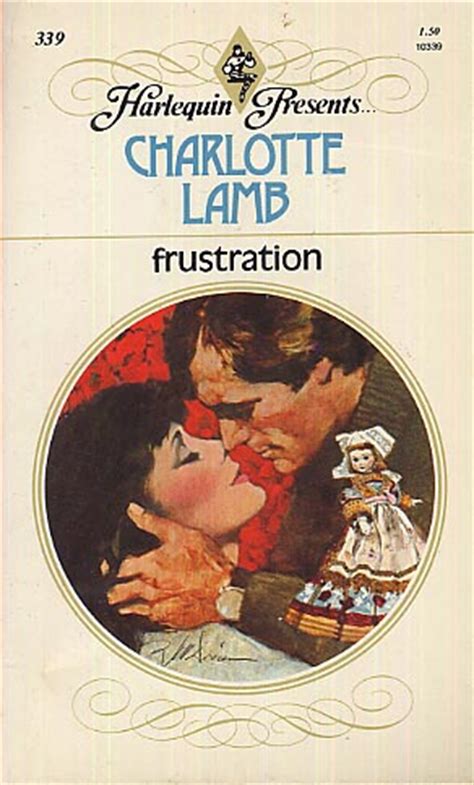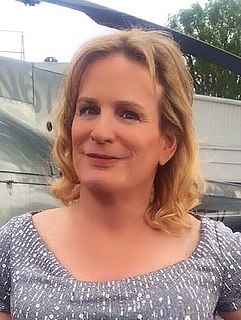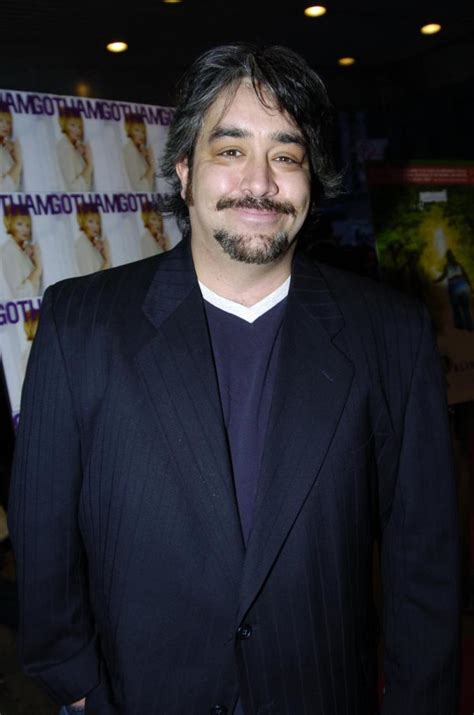Top 1200 Writing Stories Quotes & Sayings - Page 16
Explore popular Writing Stories quotes.
Last updated on April 22, 2025.
There is something I keep wanting to say about reading short stories. I am doing it now, because I many never have another occasion. Stories are not chapters of novels. They should not be read one after another, as if they were meant to follow along. Read one. Shut the book. Read something else. Come back later. Stories can wait.
I have a writing space in my apartment, but I prefer to write at coffee shops. When I'm stuck, I take a walk and spend time outside to clear my mind. I get inspired on these walks, often getting new ideas for stories and finding solutions to the problems that need to be fixed in the draft I am working on.
Places come to exist in our imaginations because of stories, and so do we. When we reach for a "sense of place," we posit an intimate relationship to a set of stories connected to a particular location, such as Hong Kong or the Grand Canyon or the bed where we were born, thinking of histories and the evolution of personalities in a local context. Having "a sense of self" means possessing a set of stories about who we are and with whom and why.
What I see as the particularly exciting prospect for writing horror fiction as we go forward is setting stories in more internal landscapes than external ones, mapping out the mind as the home for scary things instead of the house at the end of the lane or lakeside campground or abandoned amusement park.
Film writing and concert writing are two very different things. In film writing I am serving the film and it tells you what to write. I have to stay within the parameters of the film. In writing concert music for the stage I can write anything I want and in this day and modern age rules can be broken.
We can tell people abstract rules of thumb which we have derived from prior experiences, but it is very difficult for other people to learn from these. We have difficulty remembering such abstractions, but we can more easily remember a good story. Stories give life to past experience. Stories make the events in memory memorable to others and to ourselves. This is one of the reasons why people like to tell stories.
I am tired of reading reviews that call A Good Man brutal and sarcastic. The stories are hard but they are hard because there is nothing harder or less sentimental than Christian realism.... when I see these stories described as horror stories I am always amused because the reviewer always has hold of the wrong horror.
You are saying, are you not, I said to Manuelito, that stories have more room in them than ideas? [...] He laughed. That is correct, Señor. It is as if ideas are made of blocks. Rigid and hard. And stories are made of a gauze that is elastic. You can almost see through it, so what is beyond is tantalizing. You can't quite make it out; and because the imagination is always moving forward, you yourself are constantly stretching. Stories are the way spirit is exercised.
It was not a choice of writing or not writing. It was a choice of loving my life or not loving my life. To keep writing was always a first priority.... I worked probably 25 years by myself.... Just writing and working, not trying to publish much. Not giving readings. A longer time than people really are willing to commit before they want to go public.
Just recognizing and naming that many of the things we treat as historical fact are stories can help erode their power over our sense of identity and thinking. If they are stories rather than "truth," we can write new stories that better represent the country we aspire to be. Our new stories can be about diverse people working together to overcome challenges and make life better for all, about figuring out how to live sustainably on this one planet we share, and on deep respect for cooperation, fairness, and equity instead of promoting hyper-competitive individualism.
I am a bit of a head-in-the-sand person as concerns things happening beyond the walls of my study. And I don't feel particularly guilty about that. I figure that my primary job is producing the very best stories I am capable of writing, and that is what I concentrate upon doing. That is within my control.
India went through a dramatic revolution after the '90s when our economy started opening up for the first time and Indians were now experiencing the Western life, if you will. Drugs and sex and a lot of those influences came in as the economy stabilized, and we were growing up and experiencing that. The Indian writing market was very small at that time. Our literature was very attuned to what Western audiences were interested in, so everybody was writing about the slums in India and magic realism or stories about Hindus and Muslims and partition.
The process of writing fiction is totally unconscious. It comes from what you are learning, as you live, from within. For me, all writing is a process of discovery. We are looking for the meaning of life. No matter where you are, there are conflicts and dramas everywhere. It is the process of what it means to be a human being; how you react and are reacted upon, these inward and outer pressures. If you are writing with a direct cause in mind, you are writing propaganda. It's fatal for a fiction writer.
